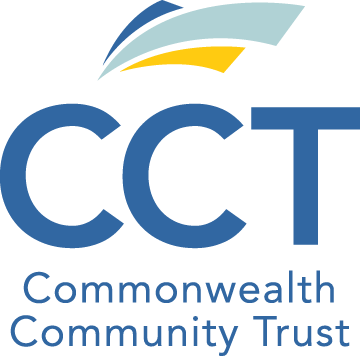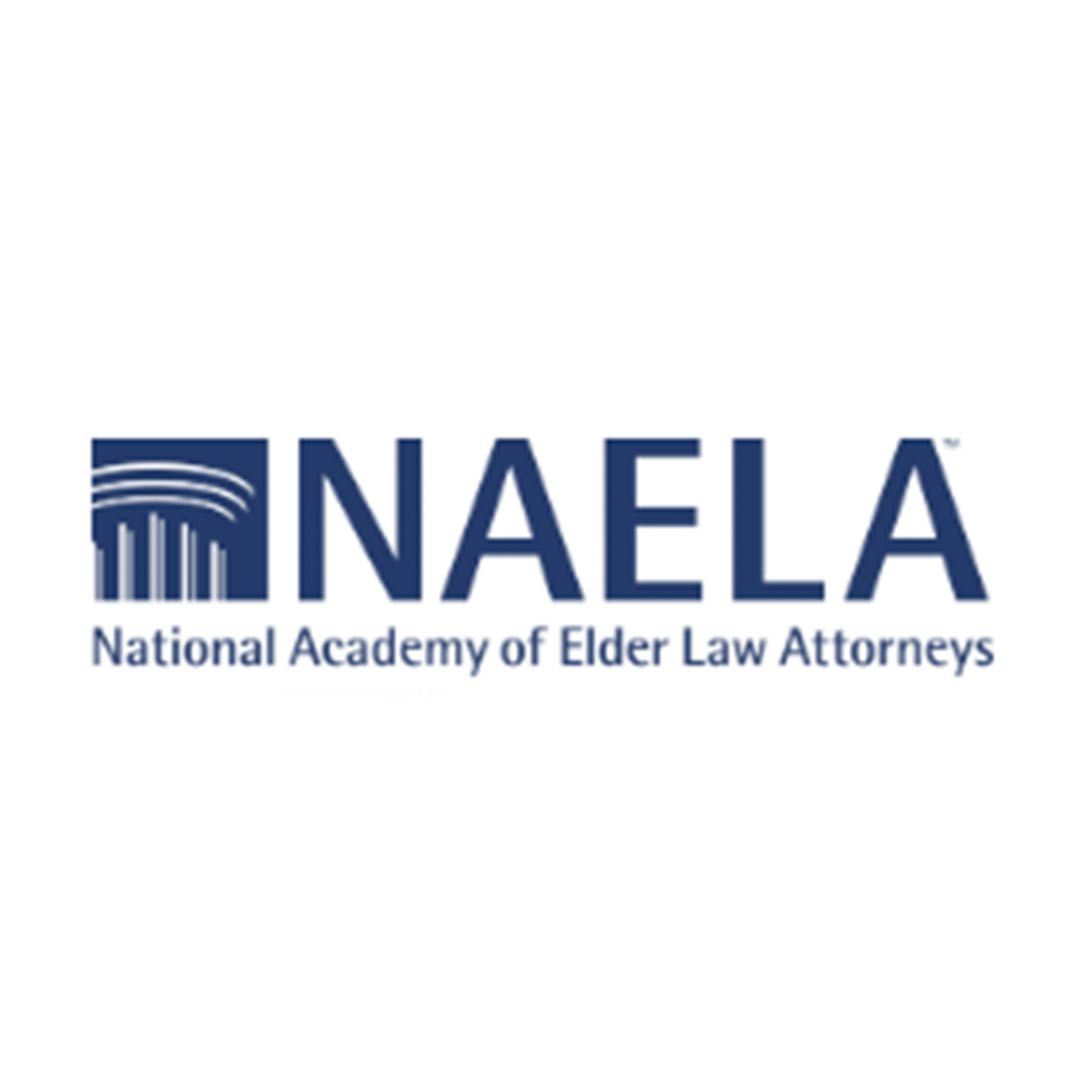Planning for the Financial Future with Pooled Special Needs Trusts (PSNTs) and ABLE Accounts
By Joanne Marcus, MSW, President and CEO of CCT
The article is intended to provide information as you prepare for the financial future of your loved one with special needs. Opportunities such as Pooled Special Needs Trusts (PSNT) and ABLE accounts provide options for managing funds and protecting means-tested benefits. These options each have benefits and can be used independently and together to create a financial plan.
What is a PSNT?
A PSNT is a way to set aside and administer funds that will enrich the quality of life of the beneficiary. It is designed to:
- Protect eligibility for Medicaid and Supplemental Security Insurance (SSI). An individual with a disability can have no more than $2,000 in countable assets in order to qualify for these benefits. A monetary gift, personal injury settlement or inheritance can disqualify the Beneficiary from receiving benefits unless carefully protected.
- Manage funds for a beneficiary who because of the nature of his or her disability is not able to manage the funds.
Understanding How a PSNT Works
A PSNT is administered by a nonprofit organization that acts as the trust administrator. The trust is established with funds from a third-party (usually a family member) or the beneficiary’s own money. Initial funding requirements can be as low as $5,000. A separate account is established for each beneficiary, and the funds are “pooled” to provide greater investment opportunities and lower administrative fees. Separate accounting is maintained for each beneficiary’s sub-account and financial statements are made available to authorized individuals. To access funds, a payment request form is submitted with backup documents such as a bill or receipts and the request is reviewed. Funds are disbursed by check to a vendor and/or a transfer is made to a credit card linked to the beneficiary’s trust account. The organization oversees investment of the funds and stays abreast of changing Medicaid and SSI regulations.
How the Funds in the Trust Can be Used
Funds in a PSNT can be used for expenses that may include medical and dental services not covered by insurance, assistive technology, eyeglasses, hearing aids, pre-paid burial expenses, education, clothing, home furnishings and modifications, caregiver expenses, transportation and more. The trust administrator assures that disbursements are for the sole benefit of the beneficiary and do not jeopardize SSI and Medicaid.
What is an ABLE Account?
An ABLE account is a savings account for individuals with disabilities. The account, modeled after the 529 college-savings plan, allows disbursements, including earnings, from the account to pay for certain qualified expenses. Eligibility is limited to individuals who become disabled before age 26. Eligibility for means-tested public benefits, Medicaid and SSI is preserved. An individual may have only one ABLE account and may enroll in an ABLE program in any state as long as the program accepts out of state residents.
How Does an ABLE Account Work?
Annual contributions by the account beneficiary, family and friends are limited to $15,000. Federal law stipulates that a state’s ABLE plan set a limit on aggregate contributions on behalf of a designated beneficiary, based on limits set for a state’s 529 college-savings plan. For individuals with disabilities who receive SSI, the first $100,000 in an ABLE account is exempt from the $2,000 individual resource limit. If and when an ABLE account exceeds $100,000, the beneficiary’s SSI cash benefit is suspended until the account balance falls below $100,000. There is no effect on the ability to receive or be eligible for Medicaid. The designated beneficiary or a person with signature authority can make qualified disbursements at their discretion by check and/or credit card.
How Funds in an ABLE Account Can Be Used
Funds may be used for Qualified Disability Expenses that are related to the beneficiary’s disability and include, but are not limited to: education; housing, transportation, employment training, assistive technology, health, prevention, wellness, financial management and administrative services, legal fees and more. The eligible beneficiary or person with signature authority is responsible for retaining documentation about disbursements for tax reporting purposes.
What to Consider with PSNTs and ABLE
Both ABLE and a PSNT protect eligibility for Medicaid and SSI. Some differences to consider include:
ABLE
- ABLE age requirement (disability onset must be prior to age 26) and funding restrictions (cap on annual ($15,000) and aggregate contributions)
- Offers flexibility for the beneficiary at the expense of oversight by a PSNT administrator
- Limit of one account per person
- Investment decisions can be changed twice per year
- Payback for Medicaid expenses from the time the account was set up is required upon the death of the beneficiary
PSNT
- No age or funding restrictions
- Set up fee typically higher than ABLE
- Funds are pooled for investment and directed by a professional trustee
- Disbursements from a PSNT do not need to be directly related to the beneficiary’s disability
- Upon the death of the beneficiary, funds can be disbursed to named parties on the document to join. Further investigation as to the policy of the pooled trust is recommended as
policies vary.
ABLE accounts are advantageous for small amounts that will be spent down. There may be an opportunity for a combination of both a PSNT and an ABLE account and PSNTs are funding ABLE accounts for their beneficiaries when advantageous. Both are considered to be planning vehicles which, if properly utilized, can offer a more comfortable and enriched life for people with disabilities.
Related Articles:




